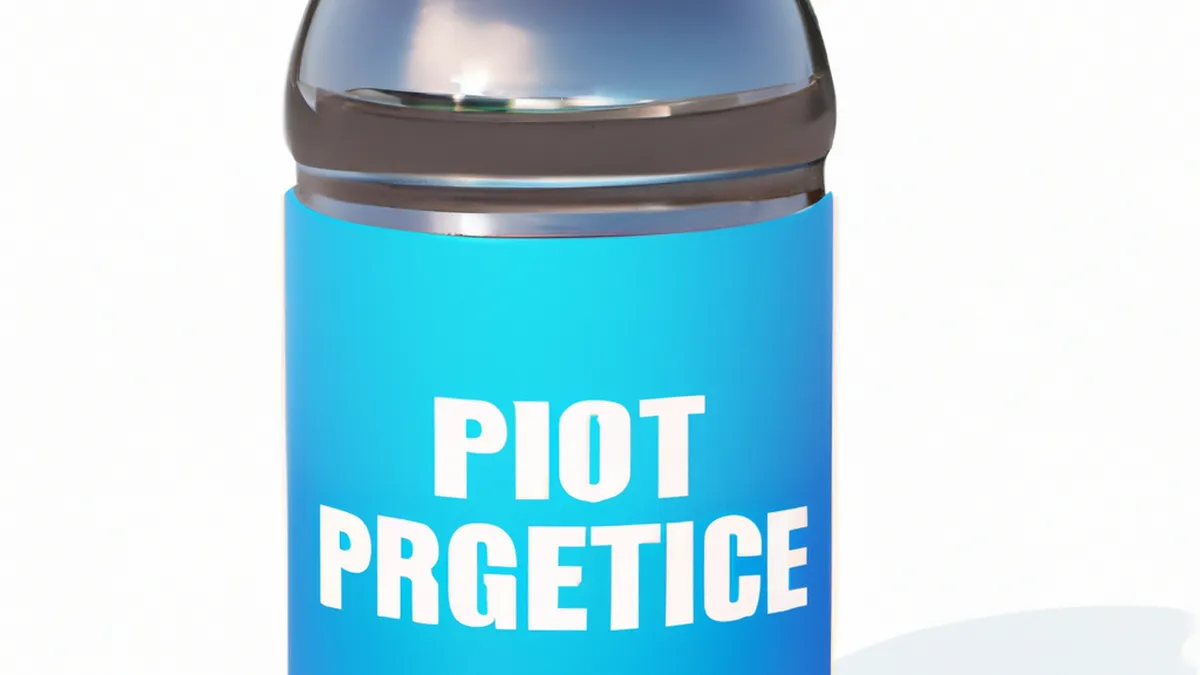Sipping Smart: Hydration Tips for Weight-Conscious Sports
Best Practices for Hydration in Sports with Weight Limits
Hydration significantly impacts athletes’ performance in weight-sensitive sports like wrestling, boxing, rowing, and mixed martial arts. Athletes must manage weight and hydration to achieve peak performance. Proper hydration enhances performance, aids recovery, and prevents injuries. This article outlines hydration best practices for athletes.
Understanding Hydration Needs
Hydration needs vary due to body weight, age, gender, environment, and exercise intensity. Dehydration can severely impair performance in weight-sensitive sports. A 2% body weight loss from dehydration can reduce strength, endurance, and performance. Athletes must balance hydration with weight management. They should hydrate adequately while avoiding excess fluid intake that may cause weight gain. Knowing your hydration needs is essential for success.
Hydration Strategies for Athletes
1. Start Early
Start hydrating early, well before your event. Drink water throughout the day, not just during training or competition. Aim for 16-20 ounces of water two hours before your workout. This helps your body absorb fluids effectively and reduces dehydration risk.
2. Monitor Your Urine Color
Check your urine color to gauge hydration levels. Light yellow indicates good hydration, while dark yellow suggests dehydration. This visual cue helps you adjust fluid intake. Maintain a consistently light yellow urine color for optimal hydration.
3. Use Electrolyte Drinks
While water is crucial, electrolyte drinks support hydration during intense training or competitions. These drinks replenish lost minerals like sodium, potassium, and magnesium, vital for muscle function. Choose low-sugar electrolyte drinks to avoid weight gain while ensuring adequate electrolytes.
4. Hydrate During Workouts
Drink water or an electrolyte drink during workouts lasting longer than an hour. Aim for 7-10 ounces every 10-20 minutes to maintain hydration. This approach sustains energy and performance, reducing fatigue and cramping.
Tips for Staying Hydrated
1. Set a Schedule
Create a hydration schedule to ensure consistent fluid intake throughout the day. For example, drink a glass of water every hour.
Conclusion
Proper hydration is vital for athletes in weight-sensitive sports. Following these best practices enhances performance and helps maintain weight.
Below are related products based on this post:
FAQ
Why is hydration particularly important for athletes in weight-sensitive sports?
Hydration significantly impacts performance in weight-sensitive sports like wrestling, boxing, rowing, and mixed martial arts. Dehydration can impair strength, endurance, and overall performance, making it essential for athletes to manage both hydration and weight effectively.
How can I monitor my hydration levels effectively?
One effective way to monitor hydration levels is by checking the color of your urine. Light yellow urine indicates good hydration, while dark yellow suggests dehydration. Maintaining a consistently light yellow urine color is a good target for optimal hydration.
What are some strategies for staying hydrated during training or competition?
Start hydrating early by drinking water throughout the day, aim for 16-20 ounces of water two hours before workouts, and drink water or electrolyte drinks during workouts lasting longer than an hour. Additionally, creating a hydration schedule can help ensure consistent fluid intake throughout the day.















Post Comment